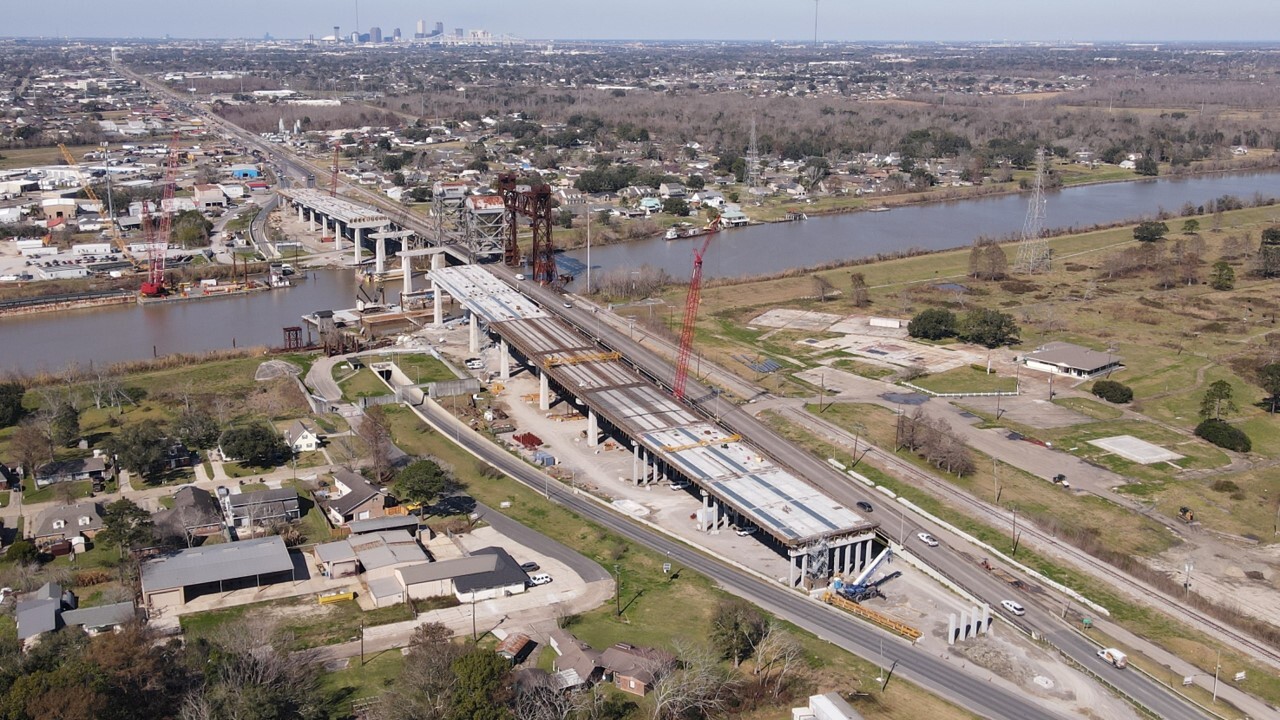
CHICAGO – The Chicago Transit Authority hits the market as soon as Tuesday with $325 million of sales tax receipts revenue bonds under a new second lien.
Proceeds will fund projects in the transit agency's $3.5 billion 2017-2021 capital program and cover capitalized interest through a December 2018 payment.
In an investor presentation, the CTA highlights its fiscal strides, management of capital needs with the help of a new transit tax-increment financing district, and growth in pledged revenues.
"The fiscal year 2017 budget is structurally balanced for the sixth consecutive year," said CTA chief financial officer Jeremy Fine, who joined the agency last year from the city where he managed debt issuance. The CTA's $1.52 billion 2017 budget keeps base fares flat and doesn't anticipate service cuts.
The bonds are back-loaded and extend past a more traditional maturity schedule of up to 30 years, with term bonds set between 2046 and 2051 to fit into the CTA's existing debt portfolio of $3.3 billion of senior lien bonds.
Loop Capital Markets is the bookrunner with another nine firms in the underwriting syndicate. Columbia Capital Management LLC is advising the CTA and Mayer Brown LLP and Pugh Jones & Johnson PC are serving as bond counsel.
Proceeds will finance new rail cars, an overhaul of some existing rail cars, track and signal improvements, the southern extension of a major light-rail line, and a portion of phase one of the Red-Purple Line Modernization Program, referred to as the RPM. The overall $3.5 billion program relies on a mix of federal funds, transit TIF fundings, and borrowing.
The City Council recently approved the transit TIF along a portion of the RPM route. It's expected to generate about $622 million in local funds as growth in tax collections in the district are set aside for improvements and will compliment nearly $1 billion in federal grants the CTA has requested.
The sales tax bonds are repaid with the CTA's share of the Regional Transportation Authority sales taxes, allocated state sales taxes, and state dedicated public transportation funds. The RTA provides fiscal oversight of the CTA as well as Metra commuter rail and Pace suburban bus service.
All pledged revenues flow to the RTA based on a continuing appropriation so they don't "rely on passage of a state budget," said Michelle Curran, vice president of budget and capital finance. That fact was highlighted as state leaders remain locked in a political battle that has left the state without a full fiscal 2016 or 2017 budget.
Total public funding including the sales taxes grew on average by 7.16 % annually between 2011 and 2015 and reached $810 million last year. Bondholders are paid before the CTA – which operates the second largest public transit system nationally – meets other obligations, although RTA bonds enjoy a first claim on sales taxes.
The second lien was penalized by a one-to-two notch drop in ratings over the senior lien, which was used on issues in 2008, 2010, 2011, and 2014. It enjoys a higher coverage threshold before additional bonds can be sold.
Kroll Bond Rating Agency assigned a AA-minus and stable outlook to the second lien bonds and affirmed the AA on the senior lien bonds. S&P Global Ratings assigned an A-plus and stable outlook and affirmed the AA assigned to the senior lien.
S&P said its rating reflects the large regional tax base supporting the debt, the city's strong and diverse economy, steady growth in tax collections, good coverage ratios, and an adequate 1.50 additional bonds test on the second lien. The senior lien carries a 2.0 coverage requirement. Pledged revenues in 2016 provide strong 2.54 times coverage of both senior- and subordinate-lien debt.
"The potential dilution of coverage from additional sales tax debt issued by the CTA, or from deterioration in sales tax revenue trends, offsets the above strengths," S&P wrote.
While the CTA stresses its pledged revenues are mostly insulated from the lack of a state budget, S&P said that it's a factor in the rating.
"Even absent an actual delay in pledged revenue distributed by the state, we could take a negative rating action if we come to believe that the state's budgetary challenges could increase the likelihood of future delays in the dissemination of revenue," analysts wrote. "Similarly, if the RTA were to delay or to reprioritize discretionary revenue away from the issuer, the rating could come under pressure."
The CTA is expected to return to the market next year with another $287 million of sales tax to fund a portion of the RPM. The project includes modernization of four stations, reconstruction of tracks and structures, and construction of a bypass to reduce capacity constraints on these rail lines.
Kroll said its rating reflects strong debt service coverage, the economic strengths supporting pledged sales tax receipts and historic growth. Concerns include the RTA's debt obligations first claim on sales taxes and the fact they could also be diverted should the CTA fail to make required pension contributions.
"Continued delays in state payments to the RTA of certain public transportation fund matching funds which impact cash flow requirements of the CTA" are also a concern, Kroll said. The RTA reported that the state was $365.5 million behind in payments in November. The RTA has issued working cash notes to help service boards weather state payment delays. The state also could cut transit funding to help manage its own budget.





